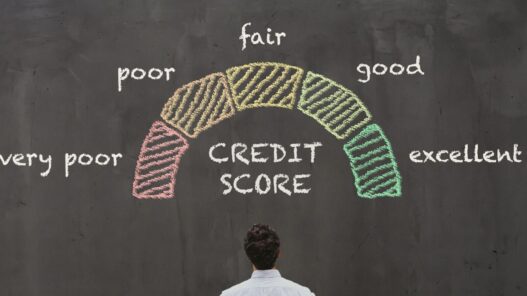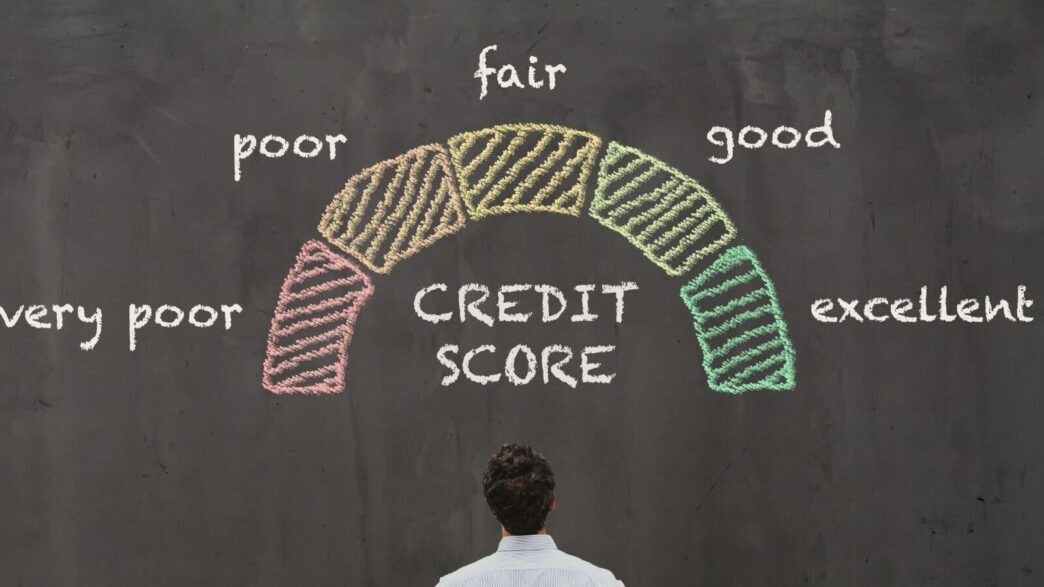A lot of people may be shocked to discover that a loan can still be declined even if they possess a good credit score. While this may be infuriating, it is important to understand that your creditworthiness encompasses more than a three-digit number. Lenders will review multiple factors before they solidify their final lending decision. Let us look at the major factors for loan application denials regardless of a borrower’s good credit score.
Loan rejection reasons
1. Income is unstable
While a consistent pattern of credit usage and payment reflects a remarkable credit score, lenders still require confirmation of a steady source of income to rely on. If your income does not cover your EMI load or you are deemed to be self-employed in an unclear capacity, the lender may perceive your application as unsafe.
2. High debt-income
Having a good credit score does not mean you are financially free. A lender will be concerned if your present debt obligations comprise a significant portion of your total monthly income. A high debt ratio could indicate that you will struggle to repay one more loan.
3. Multiple loan applications
Making a loan or credit card application frequently within a short period of time makes it more likely for an observer to think you are credit seeking. Even with a high score, a series of inquiries can arbitrarily suggest to lenders that you may be credit seeking and may decline your application.
4. Inconsistency between the loan type and profile
Lenders are going to evaluate the consumer’s application based on the loan type. Regardless of credit score, the application may be declined if the loan requested does not align with the applicant’s profile.
5. Errors in the documentation
Errors in the application concept or lack of documentation may be the only justification for rejection. Even otherwise eligible applicants may be rejected outright if they provide incorrect employment information, proof of address, or if they forgot to apply required documentation.
6. Not an employer on the lender’s list
Certain lenders will keep record of a list of approved or preferred employers to acknowledge on their site as an alternative to your individual’s practices, the application may be denied due to perceived risk.
7. Accounts that have been charged off
If you have previously settled a loan or credit card account, this may also count against you even though you have a good credit score now. After reviewing these records, the lender can deny an application to a person who has previously charged-off a loan or credit card account.
In conclusion, ensure you meet all the lender’s requirements, and have a balanced financial profile, and accurate information so you won’t be disappointed. It is a good idea to review the eligibility requirements thoroughly, understand the interest rates and fees which are relatively higher in personal loans and speak to an advisor before applying.
Disclaimer: Mint has a tie-up with fin-techs for providing credit, you will need to share your information if you apply. These tie-ups do not influence our editorial content. This article only intends to educate and spread awareness about credit needs like loans, credit cards and credit score. Mint does not promote or encourage taking credit as it comes with a set of risks such as high interest rates, hidden charges, etc. We advise investors to discuss with certified experts before taking any credit.












